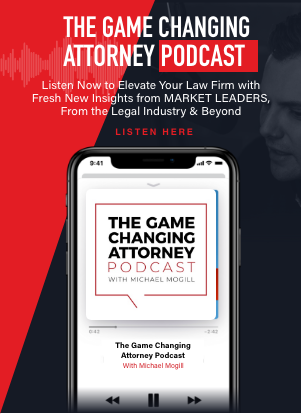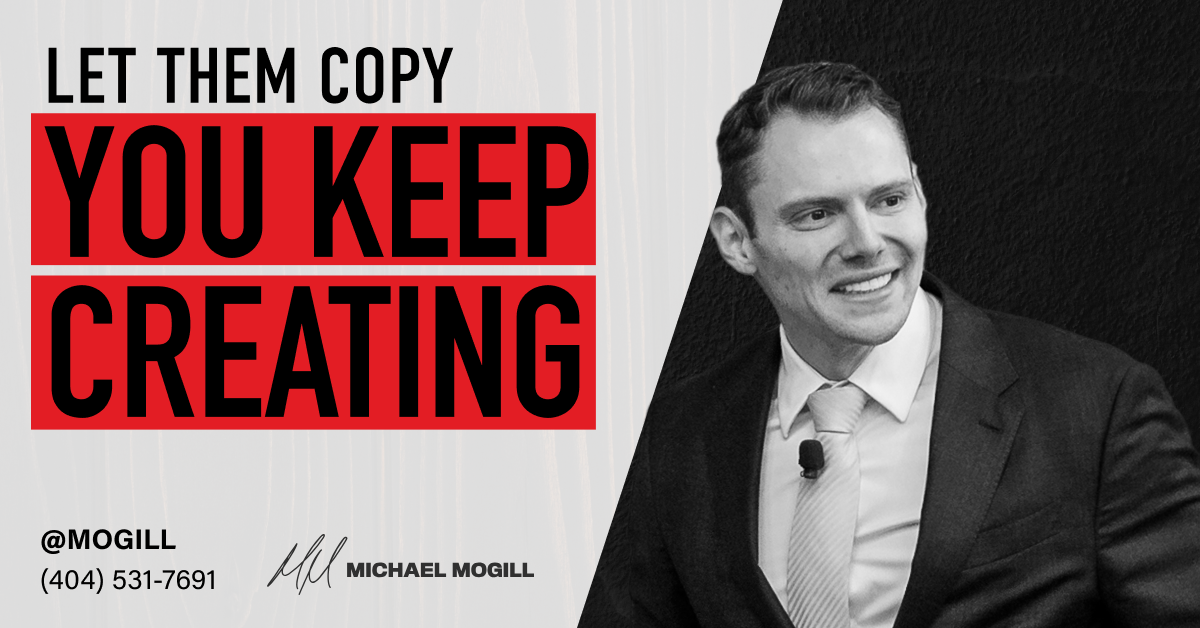Lately I’ve been discussing my experience with building up speaking and presenting experience in the legal industry. (See past articles here: “How to Earn Your Spot as a Speaker” and “How to Get Good at Public Speaking.”)
As you’re building up your thought leadership and getting speaking engagements under your belt, many times you’ll be featured as a panelist rather than a featured speaker.
That begs the question:
How can you make the most of panel opportunities like this?
How Panels Work
By nature, being on a panel means there are other speakers you’re sharing the stage with, so standing out is a different kind of challenge.
Panels at events are typically oriented around a theme, such as practice management, marketing, litigation, trial skills, or something else. Panelists are selected based on their expertise in the chosen area, and a facilitator or interviewer asks each panelist questions and moderates the conversation.
You may or may not get a ton of individual questions to address, because the interviewer is balancing the time and ensuring each panelist has opportunities to speak. Plus, some panelists may give longer answers or spend more time dominating the time allotted to the panel.
So here are my best tips to standing out on a panel:
1. Provide Value
My first recommendation to maximize your experience of being on a panel is to provide valuable insights to the audience.
This is not the time to sell yourself or any service or product. I realize this sounds ironic, since your goal is probably to get some value out of the speaking opportunity for yourself. Perhaps you’re looking to increase referrals from other lawyers who may be in the audience, or perhaps you have a course or book you’re looking to sell.
Believe it or not, the best way to accomplish goals like this is by not selling from the stage and instead providing actual insights that can be helpful to people.
Not asking for anything will actually yield the best returns.
When you get called on as a panelist, give the answer that you would want to hear — something that would actually be valuable for someone looking to solve a problem themselves (rather than hiring you to do it for them).
2. Don’t Compete
I also recommend you be succinct and concise (even if the other panelists are long-winded).
This is not the time to try to one-up other panelists and try to make yourself look better than somebody else. That actually looks worse from the audience’s perspective.
I believe that if you lead with humility, you will stand out. Audiences can really see through a lot of that stuff, so you don’t have to play any sort of ego game or compete with your fellow panelists.
3. Be Open
Again, when you’re asked a question, try to provide the most valuable answer no matter what.
Don’t hold anything back.
There are no secrets. In fact, if you have secrets, share them with the audience openly.
The interviewer will appreciate that. The audience will appreciate that. That’s probably going to lead to you being booked more in the future.
Be genuine, authentic, transparent, humble, and real.
4. Tell Stories
Finally, when answering questions and sharing your insights on a panel, I recommend you do so from a place of personal experience.
Tell a story: “Here’s how I went about this…” or “Here’s what I learned…”
That way, not only will your insights be rooted in real-life scenarios — you’ll also get the benefit of tying your response to a narrative.
Stories are great ways for people to learn, and they are more likely to remember your key takeaways when they are the result of a compelling narrative (even if it’s just a few minutes at a time).
Final Thoughts
When you approach speaking on a panel with these simple strategies in mind, you’ll get called on more. You’ll be remembered by your audience. You’ll start building that valuable trust and authority that will lead to valuable opportunities down the line — both more speaking opportunities and business opportunities.






